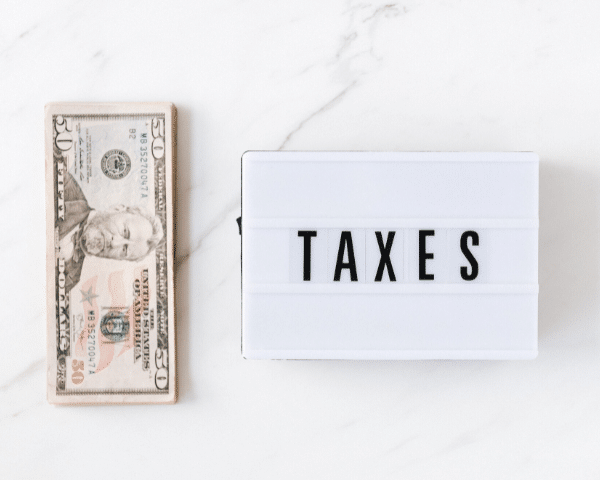
At Broadpoint Properties, we’re in the business of managing and selling properties, particularly those in San Diego and Riverside Counties. And, one of the most common questions that we get asked by sellers is this one: “What are the tax consequences of selling a house?”
Now, please keep in mind that we are not accountants or tax professionals and we certainly cannot give anyone tax advice. Additionally, keeping in mind that each person’s tax situation is different, we have provided you with a list of things to consider with respect to taxes and your home sale.
Are there tax consequences to selling a home?
That’s easy: yes, no, or maybe. Depending upon whether your home is your primary residence (where you hang your hat) or whether your property is an investment property will change that answer.
If your home is your primary residence, in the United States, there is something called capital gains—for which you do have to pay taxes. However, you can sell your primary residence and be exempt from capital gains taxes on the first $250,000 if you are single and $500,000 if married filing jointly. This exemption is only allowable once every two years.
If your home is an investment property (such as a rental unit) and you are cashing out and not purchasing another property to replace it, then there will be tax consequences—capital gains taxes that you will have to pay.
If you bought a home in order to “flip it”—refurbishing it and selling it for a higher price just a few months later—then the capital gains tax is called a “short term capital gain”. And, short term capital gains taxes are higher than long term capital gains. Generally, short term capital gains are for anything held less than one year.
There is one great option for investment properties if you are selling and buying another. It’s called a 1031 Exchange or a like-kind exchange. What this means is that if you purchase another property within 6 months (many terms and conditions apply, so check with your accountant or tax professional) and use the entire profit from the previous sale in order to fund the purchase, you can actually defer the capital gain and the tax basis of the old investment will be transferred to the new one. In this way, investors can refresh their investment portfolios and avoid the tax consequences of the sales.
This information can be a little bit overwhelming when selling a home, so it is always best to consult with both a real estate professional and a tax professional in order to determine the best course of action for you. When in doubt, please feel free to contact the agents at Broadpoint Properties.



